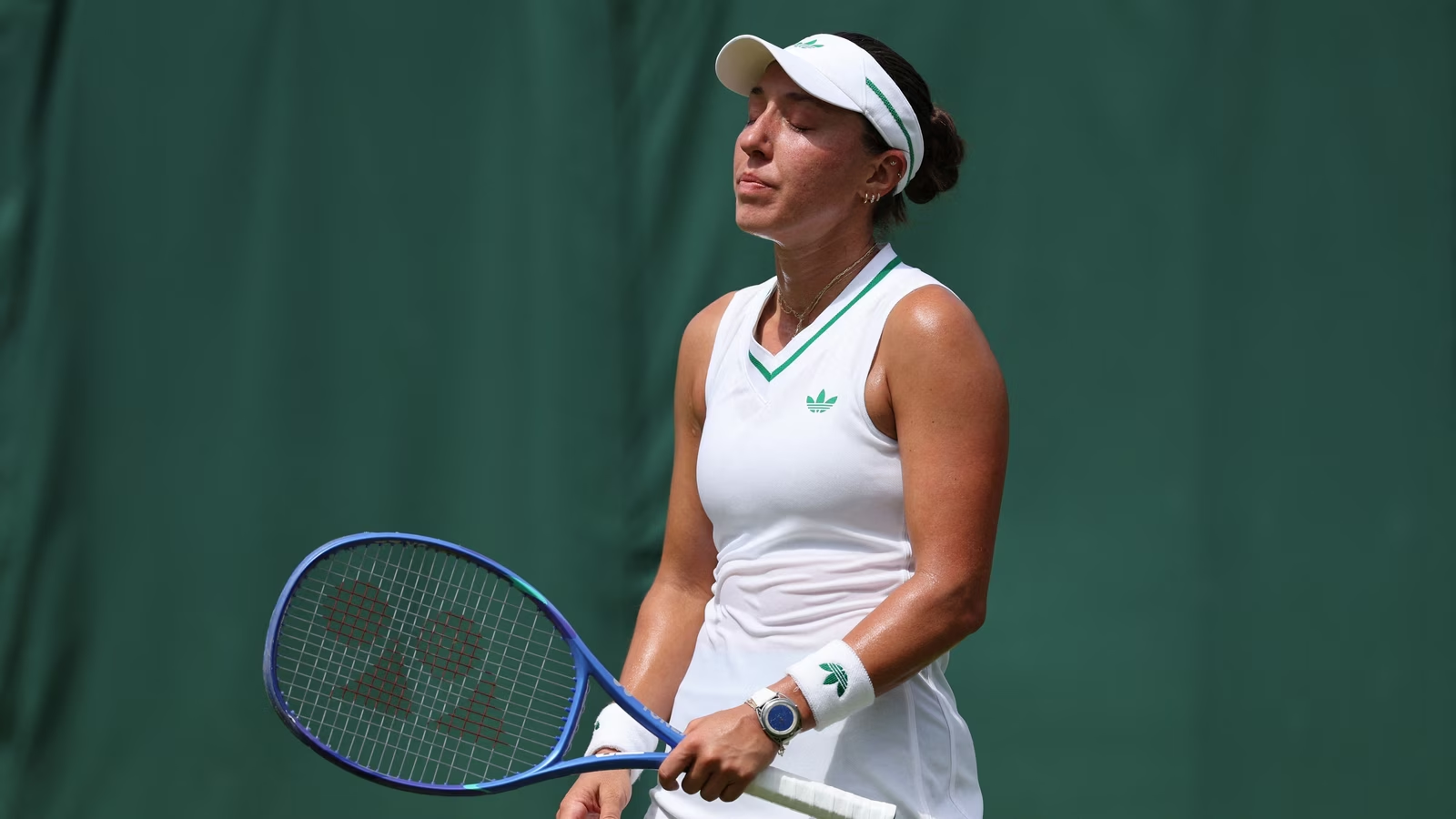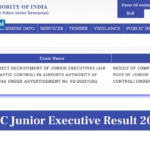When people hear the name Jessica Pegula, they usually think of professional tennis, world rankings, or her role as one of the most consistent American players on the WTA Tour. However, Pegula’s story offers more than just athletic achievements—it also provides valuable insights into education, both in the traditional academic sense and in the broader, lifelong pursuit of knowledge.
Education does not always mean sitting in classrooms, memorizing formulas, or taking standardized tests. It can also mean learning through experience, discipline, and persistence. Jessica Pegula’s career illustrates how personal development, mental growth, and resilience can be just as important as academic qualifications. In this blog, we will explore Pegula’s journey in the context of education, focusing on how her tennis career, family background, and entrepreneurial ventures showcase the many dimensions of learning.
1. Early Life and the Foundation of Learning
Jessica Pegula was born on February 24, 1994, in Buffalo, New York. As the daughter of Terry and Kim Pegula, successful business owners and sports franchise holders, she grew up in an environment where opportunities for learning were abundant. While her family’s wealth offered her privileges that many athletes do not have, her rise in tennis was not guaranteed.
From a young age, Jessica Pegula’s education was not limited to academics—it was equally shaped by sports training, self-discipline, and the values instilled at home. Sports became her classroom, the court her chalkboard, and every practice session a lesson in persistence.
2. The Education of an Athlete
Athletes like Jessica undergo a unique kind of education. Instead of exams and textbooks, their lessons come in the form of competitions, training drills, and match experiences. This type of education teaches critical life skills:
- Time Management: Balancing practice, travel, and personal commitments.
- Resilience: Learning to bounce back from losses, injuries, and setbacks.
- Teamwork and Leadership: Working with coaches, physiotherapists, and doubles partners.
- Adaptability: Adjusting to different surfaces, climates, and opponents’ styles.
Jessica slow and steady climb through the tennis ranks—marked by long stints in lower-tier tournaments—was an educational journey in patience and perseverance. While many athletes peak early, she learned to stay motivated despite the odds, a lesson that any student or professional can apply in their own lives.
3. Formal Education vs. Experiential Education
Jessica Pegula’s career opens up a broader conversation about the value of formal education versus experiential learning. While traditional schooling imparts knowledge in subjects like math, science, and literature, experiential education provides practical lessons that shape one’s character and problem-solving skills.
In Pegula’s case, her “classroom” was global tennis courts, and her “teachers” were the countless opponents she faced, the coaches who guided her, and the challenges of competition. The setbacks she endured from injuries were like unexpected tests, pushing her to adapt and find ways to grow stronger.
For young people, Pegula’s journey shows that while degrees and certificates matter, education is much more than that. Success often comes from applying lessons learned outside textbooks—such as discipline, emotional intelligence, and critical thinking.
4. Learning Through Failure
Education is not only about celebrating success but also about learning from mistakes and failures. Pegula’s early career was filled with injuries that sidelined her for months. She could have walked away from tennis, relying on her family’s wealth to pursue another path. Instead, she chose to treat these setbacks as lessons.
Failure became her greatest teacher. Just as students learn from wrong answers on tests, Pegula learned from every lost match. Over time, this mindset helped her develop resilience, a skill that cannot be taught in a classroom but is essential for life.
5. The Role of Mental Education in Sports
Beyond physical training, Pegula’s rise highlights the importance of mental education. Modern sports psychology emphasizes focus, composure, and self-belief. Pegula embodies these qualities with her calm, collected playing style.
Her ability to stay grounded and composed during tense matches reflects years of mental conditioning. This kind of mental education is just as valuable as academic qualifications, showing us that emotional intelligence, stress management, and focus are key to success in any field—whether in sports, business, or academics.
6. Balancing Business and Education
Jessica Pegula is not just an athlete; she is also an entrepreneur. She launched her own skincare line, Ready 24, which shows her ability to transfer lessons from tennis into business. Running a business requires a different kind of education—understanding marketing, customer needs, and financial management.
This dual role highlights the importance of lifelong learning. Pegula did not stop educating herself once she became a successful tennis player. Instead, she continued to acquire knowledge beyond the court, proving that education is a continuous process, not a destination.
7. Pegula’s Family and the Value of Education
The Pegula family’s success in business and sports management also reflects a culture of learning. Jessica’s parents, who built an empire from energy to sports, emphasized discipline, hard work, and persistence—values that form the foundation of education.
For Jessica, education was not confined to academics but extended into observing her parents’ business decisions and leadership styles. These lessons shaped her ability to handle pressure, make decisions, and build her own career path.
8. The Educational Value of Sports for Society
Pegula’s career also sparks conversations about the role of sports in education. Sports are not merely extracurricular activities—they are powerful tools for teaching life skills. Pegula’s journey demonstrates that sports can educate individuals in ways traditional systems cannot:
- Character Development: Building patience and humility.
- Global Awareness: Traveling worldwide and experiencing diverse cultures.
- Problem-Solving: Adapting tactics mid-match is no different from solving a complex academic problem.
Her success validates the growing belief that sports should be integrated more deeply into educational systems to nurture well-rounded individuals.
9. Inspiration for Students
For students, Pegula’s story offers several lessons:
- Success is not always immediate. Just as Pegula took years to break into the Top 10, academic and career achievements may come slowly.
- Failure is part of learning. Mistakes in exams or projects should be treated as stepping stones, not final judgments.
- Balance is key. Pegula manages sports and business; students can learn to balance academics with hobbies and personal growth.
- Education never ends. Even as a professional athlete, Pegula continues learning through experiences and challenges.
10. Pegula as a Role Model for Lifelong Learning
In today’s fast-paced world, where industries evolve rapidly and knowledge becomes outdated quickly, lifelong learning is essential. Jessica Pegula’s career is a shining example of this philosophy. She continues to learn, adapt, and improve—whether on the tennis court, in business ventures, or in personal development.
Her story reminds us that education is not limited to childhood or college years. Instead, it is a lifelong journey of self-improvement, curiosity, and growth.
Conclusion
Jessica Pegula’s journey is much more than a sports story—it is an educational narrative. From her struggles with injuries to her consistent performances, from her calm mindset on court to her ventures off it, Pegula embodies the spirit of lifelong learning.
Her career teaches us that education does not always come with diplomas or classrooms; sometimes, it comes with racquets, defeats, victories, and personal growth. For students, professionals, and anyone striving for success, Pegula’s story is a reminder that true education is about resilience, adaptability, and the constant pursuit of knowledge.
In the end, Jessica Pegula proves that while trophies and rankings matter, the most valuable achievement lies in what you learn along the way.










